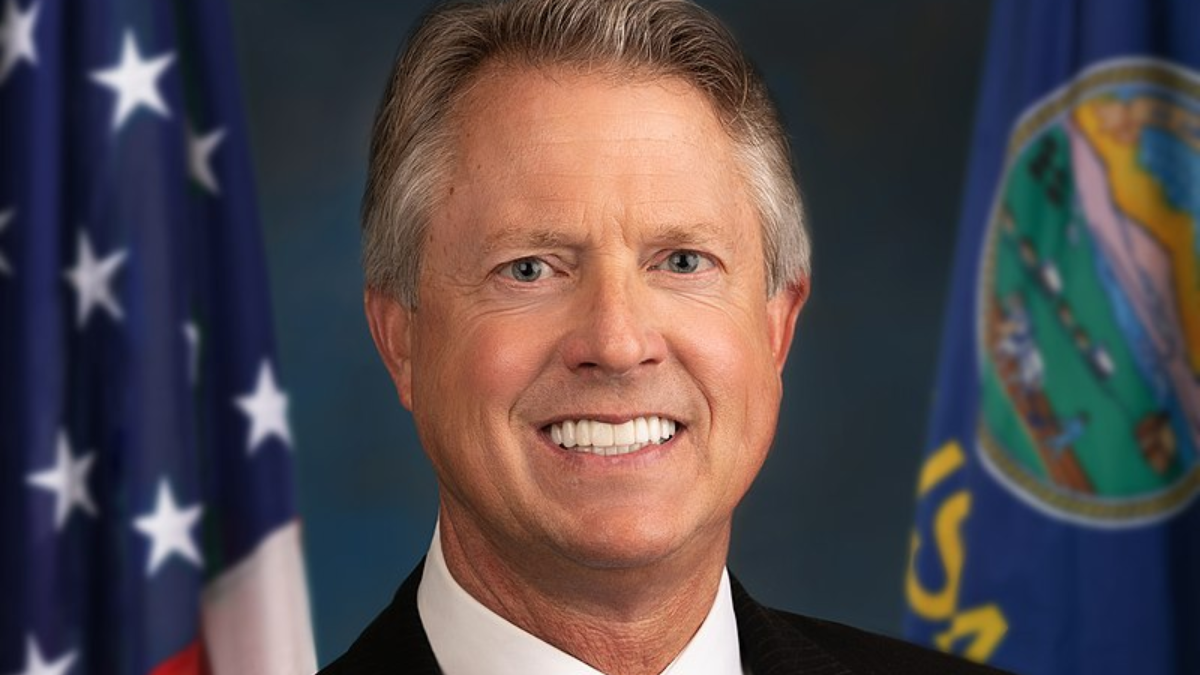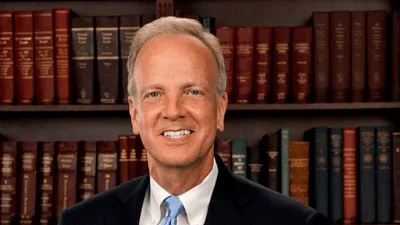Senator Roger Marshall | Official U.S. House headshot
Senator Roger Marshall | Official U.S. House headshot
Washington, D.C. – On June 15, U.S. Senator Roger Marshall, M.D. delivered remarks on the Senate floor on his fight for broader access to high speed internet in rural communities across America.
Recently, Senator Marshall introduced bipartisan legislation with Sen. Peter Welch (D-VT) titled the ReConnect Rural America Act which aims to champion investments in high-speed, long lasting internet infrastructure in rural communities across the United States.
Since the introduction of this legislation, the USDA granted money to Kansas through the most recent round of funding via the ReConnect Loan and Grant program. The Craw-Kan Telephone Cooperative Inc. will receive a $49 million loan at a 2% interest rate, an effort which seeks to connect 4,189 individuals, 821 farms, 149 businesses and three educational facilities to high-speed internet in Bourbon, Cherokee, Crawford, Labette and Neosho counties. This is the largest loan issued in Round 4 of the ReConnect program – and it’s all going to Kansas.
You may click HERE or on the image above to watch Senator Marshall’s full remarks.
Senator Marshall’s remarks include:
“For the past six years, my staff, my family and I have traveled to every corner of the state – we’ve criss-crossed it multiple times, we’ve been in every county in Kansas multiple times – town halls, roundtables, and listening sessions. In fact just last week, the last week we were on break, we probably made a dozen stops. And at every one of those stops, at every one of those roundtables, I can guarantee you the subject of high-speed internet came up.”
Together, we have built solutions to address the challenges that our rural areas are facing, and together we have built hospitals, municipal water facilities, grocery stores, and critical infrastructure in our state’s communities.”
“Despite all of these achievements, many Kansans agree that one job is still not finished, and that is the crucial task of building out high-speed broadband connectivity to every part of the state.”
“Madam President, the call for a strong internet connection across Kansas has only grown. That is why I rise today to highlight the importance of broadband expansion. There is still so much more work to be done to get rural America up to speed. And I realize this work will never be done. Just like our roads and bridges, they were amplified so much in the 1950’s and 60’s and we still have to go back and repair those roads and bridges, there’s always one more road and bridge that we need to go back and fix. And that will be the role of high speed internet, there’s always something bigger and faster out there that we need to keep up with.”
“I am proud to have played a role as a member of the Kansas House Agriculture Committee in 2018, when we drafted the Farm Bill, which directed both USDA and the FCC dollars to find new and innovative ways to connect rural residents. In 2018 we authorized The ReConnect program at the USDA, which awarded funding for broadband connectivity services to under and underserved areas. ReConnect provided $5.2 million to connect over 1,300 households, 16 businesses, and 23 farms in Kansas during its first round of funding.”
“In 2023, we introduced a new effort in the 2023 Farm Bill with my colleague and fellow member of the Senate Ag Committee, Senator Peter Welch of Vermont. The ReConnecting Rural America Act provides a minimum speed of 100/100 high-speed internet buildout speeds, prioritizing long-term broadband infrastructure in our most rural communities.”
“Every Kansan I’ve spoken to has voiced the need for symmetrical speeds in their community and for increased investments in fiber to be made by providers. By bolstering broadband infrastructure for our rural communities, we are able to stay up to speed with what’s happening in the rest of the world.”
Through these federal efforts, combined with the administration of funds at the state level, I believe that we are closer than ever before to making a real impact in rural broadband connectivity. Still, we must stay dedicated to the task at hand and ensure that this infrastructure is built to last.”
Original source can be found here.




 Alerts Sign-up
Alerts Sign-up